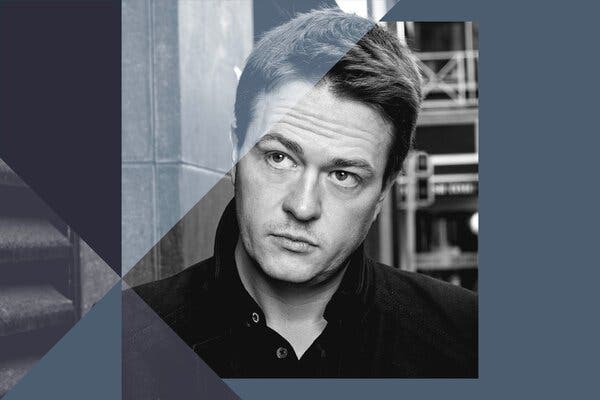“The sensation of being alive in the early 21st century consisted of the sense that our ability to pay attention — to focus — was cracking and breaking,” writes Johann Hari in his new book, “Stolen Focus.” Later he says, “It felt like our civilization had been covered with itching powder and we spent our time twitching and twerking our minds, unable to simply give attention to things that matter.”
Same.
Attention is the most precious resource we have — it’s the window through which we experience our lives. And for many of us, that window is fogging.
[You can listen to this episode of “The Ezra Klein Show” on Apple, Spotify, Google or wherever you get your podcasts.]
The knee-jerk response is to blame ourselves. If our attention is waning, it’s because we’re too distractible. But if there’s a single thesis of “Stolen Focus,” it’s that we have a lot less control over our attention than we like to believe — and not just because the apps on our smartphones are cunningly designed.
The book explores 12 factors that Hari believes are harming our ability to pay attention. And in it, there’s a clear distinction between what I’ve come to think of as the “demand side” and the “supply side” of attention. The demand side is the story we’re more familiar with: Entire economies and technologies are built around capturing, manipulating and directing our attention. But the supply side is just as important: A whole host of social conditions, from the food we eat to the amount we sleep to the chemicals in our air and the money in our bank accounts, determine the reservoirs of attention we have to draw on in the first place.
For Hari, that means that the state of our attention isn’t merely the product of individual failing or corporate manipulation — it’s an outgrowth of some of the most fundamental aspects of our society, our culture and our economy. And as a result it can’t be fixed by a few tweaks at the margins. To do that requires a sustained, rather radical, political project.
As you’ll hear in the conversation, I don’t agree wholly with Hari’s argument. But I think it’s a much needed push to look at the most fundamental of human facilities through a new lens. Life is the sum total of what we pay attention to. What forces are in control of our attention — and how we get it back — is a defining question of our age.
You can listen to our whole conversation by following “The Ezra Klein Show” on Apple, Spotify, Google or wherever you get your podcasts. View a list of book recommendations from our guests here.
(A full transcript of the episode will be available midday on the Times website.)
“The Ezra Klein Show” is produced by Annie Galvin, Jeff Geld and Rogé Karma; fact-checking by Michelle Harris; original music by Isaac Jones; mixing by Jeff Geld; audience strategy by Shannon Busta. Our executive producer is Irene Noguchi. Special thanks to Kristin Lin.


























